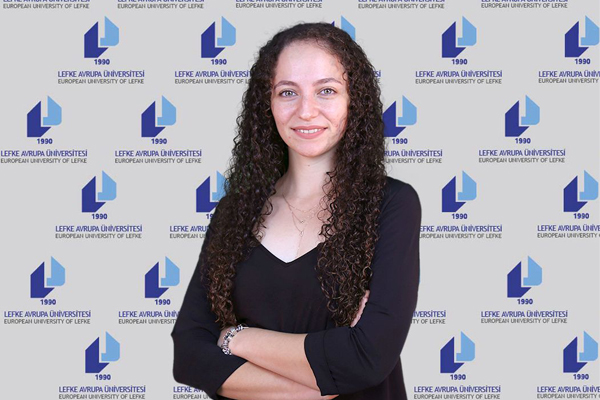EUL Academician Gilanlıoğulları addressed the issue of “Mental Disability and Physical Activity”

European University of Lefke (EUL) Faculty of Health Sciences, Head of Physiotherapy and Rehabilitation English Department, Asst. Prof. Dr. Nazemin Gilanlıoğulları, drew attention to the issue of “Intellectual Disability and Physical Activity”.
“Intellectual disability causes people to experience limitations in behaviours that require conceptual, social and practical skills. It is estimated that intellectual disability that starts before adulthood affects 2% of adult individuals. It is observed that individuals develop health problems such as social problems, physical inactivity, and weight problems due to unhealthy nutrition as they get older. Since individuals with intellectual disabilities tend to live sedentary lives, they frequently encounter obesity, hypertension, diabetes, respiratory, and cardiovascular problems.” Gilanlıoğulları stated that due to these problems caused by intellectual disability, individuals experience limitations in fulfilling their daily life activities.
“Research has revealed that individuals with intellectual disabilities over the age of 50 have a high restriction in the basic activities that need to be done in order to fulfil their daily life activities,” said Gilanlıoğulları and continued her words as follows: The independence of individuals in their daily life activities is very important to improve their quality of life. In order to increase independence and have a healthy life, the physical activity levels of individuals with mental disabilities should be at a certain level and should be developed with the right exercises. Physical activity is an effective method for people to be healthy, increase their well-being, develop motor skills and increase their social adaptability. According to the studies, it is recommended that individuals with intellectual disabilities who have a sedentary lifestyle should take part in different sports branches such as swimming, cycling, dancing and implement exercise programmes tailored to their needs.
“Increased participation in physical activity leads to the development of motor skills in individuals. It has been revealed that programmes including physical activity, physical strength and aerobic exercises aimed at healthy living and independence in individuals with intellectual disabilities are the most frequently recommended programmes and improve individuals’ motor skills, cardiovascular and respiratory systems. The participation of individuals in physical activity is thought to positively affect not only their physical condition but also their social communication skills.” Gilanlıoğulları concluded her words as follows: Studies conducted worldwide show that the right physical activity increases the general well-being of these individuals and has a positive effect on their physical and cognitive development. Long-term exercise programmes should be included in the lives of individuals with intellectual disabilities to increase their independence in daily life activities.
